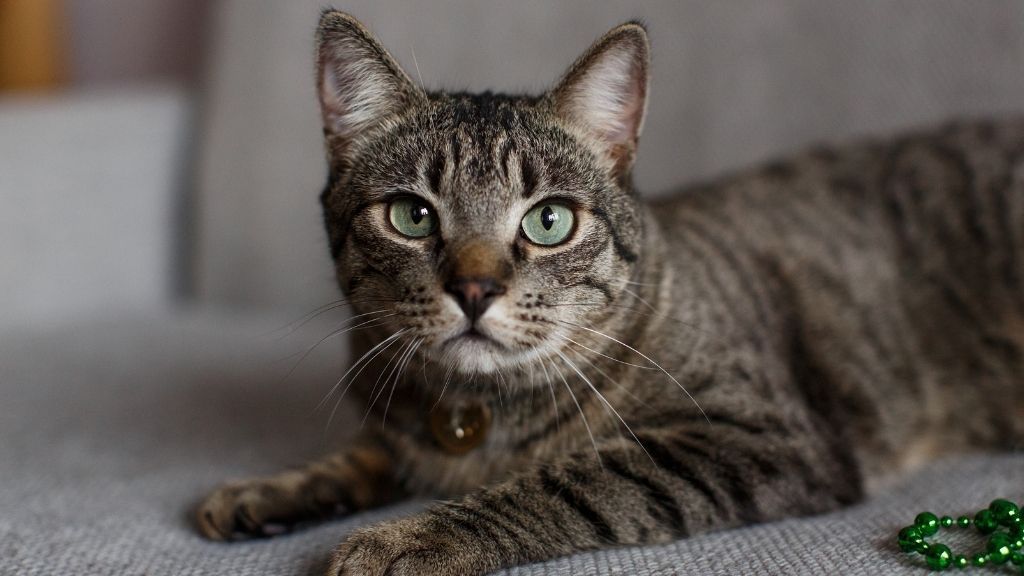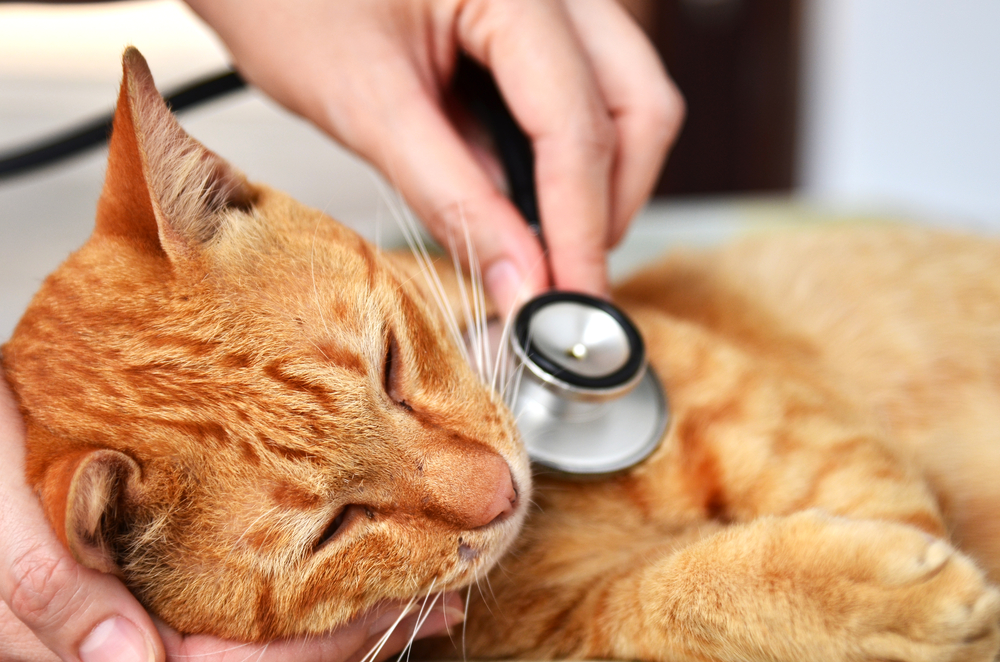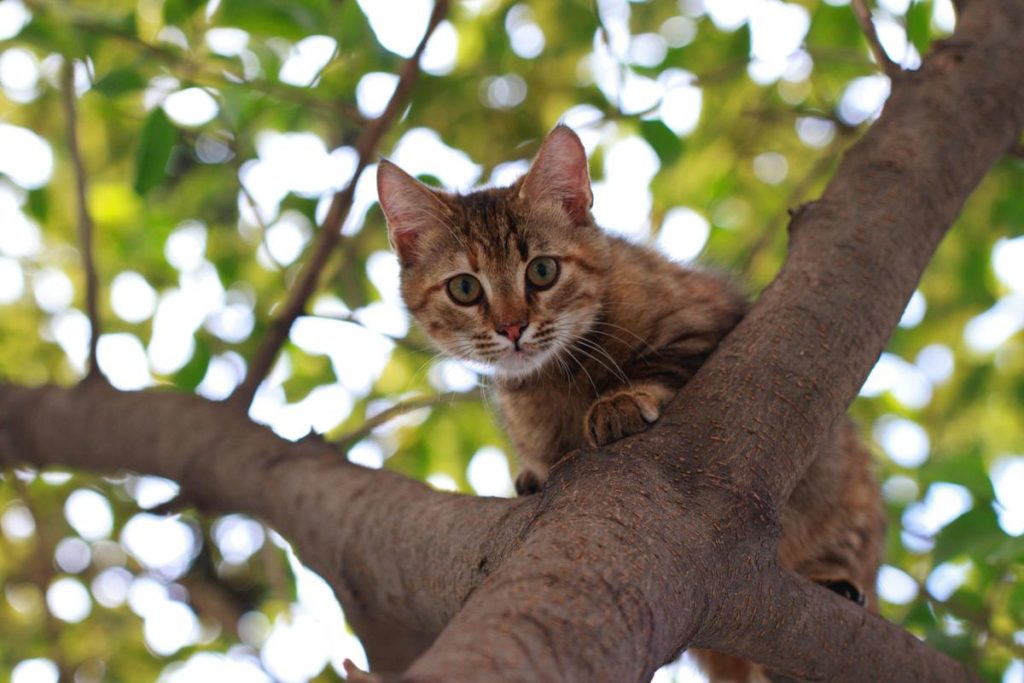

Inside today’s pet feature with the Jamaica Society for the Prevention of Cruelty to Animals (JSPCA), the focus is on our feline friends, cats.
Second to dogs, cats are arguably the most popular domesticated animals here in Jamaica. Research has shown that these furry felines are great companions, provide emotional support and improve the moods of their owners.
Sitting with Our Today to provide some of the 101 on cats, was JSPCA’s veterinarian Dr Racquel Hylton.
What do I need to know before getting a cat?
Prospective cat owners, according to Hylton, ought to consider the sex of the cat they want to get and whether or not they would want to have their pet spayed or neutered. (This is a service offered at the JSPCA)
With cat allergies being twice as common as dog allergies, Hylton says it is also important to ensure that members of the household are not allergic to cats.
What should my cat environment look like?

A cat’s environment, according to Hylton, is quite normal. They should be provided with a comfortable, dry, draught-free and clean area. Owners should also also ensure they have a quiet space for their cat to rest.
“One can also enhance the living environment by providing providing a special bedding, scratch pad, feeding and water bowl,” the vet explained.
Cats are very intelligent and active creatures and should be given enough opportunities to run, jump and climb, so owners should ensure their cats have enough things to do. If cats are not given enough opportunities to be active, they may become unhappy.
Feeling safest when they are high, a cat tree (an artificial structure) is an ideal structure for them to play, exercise, relax and sleep on. These structures vary in height and complexity, with most cats preferring height over comfort.
Cats should be able to visit the toilet easily, thus owners ought to provide a suitable toilet place outside or in a litter tray separate from the eating and sleeping area.
These inquisitive creatures are very territorial and become easily attached to their homes and environment. If you will be absent from the home for a number of days, it is ideal to find someone to care for your cat at home.
How should the meal plan look for my cat?

Cats, like snakes, are obligate carnivores, thus they need sources of protein in order to remain healthy.
“Once kitten is weaned, no more milk [is required] as a part of their diet, [and] no to dog food. Remember, cats are carnivores, so [they are] meat lovers. No vegetable or raw food,” Hylton explained.
Cats can be introduced to solids around three to four weeks after birth. In addition to kibbles, they are also able to eat cooked beef, chicken, turkey, and small amounts of lean deli meats.
Like most other animals, cats should only drink water.
Cats should not be given dog food, raw meat, onion, garlic, raw dough, chocolate, grapes or raisins.
What are some common illnesses among cats?

Hylton lists endoparasitism ( intestinal worms and coccidia), wounds, ringworm, mites, upper respiratory tract infection, hepatic lipidosis and diabetes as common illnesses among cats.
Endoparasitism (intestinal worms and coccidia) – This is a parasite which lives in the body of the host. This can be caused by swallowing their own faeces. Although asymptomatic, heavy infection may result in diarrhea and weight loss.
Wounds – A wound is an injury causing damage to the skin and or the underlying tissues. If the wound is not clotting properly, rush your cat to the nearest vet.
Mites – These microscopic beings invade the skin of healthy animals. Mites can cause skin irritation which leads to itching, hair loss and inflammation.
Upper Respiratory Tract Infection – Symptoms include coughing, sneezing, swelling of the mucous membranes around the eyes, discharge coming from both the eyes and nose, lethargy, anorexia, ulcers in the mouth and, in rare cases, difficulty breathing.
Hepatic Lipidosis – This disease is also known as the fatty liver syndrome. In most circumstances, a cat suffering from this disease has gone through an anorexic period for about four days. Symptoms include jaundice, lethargy, weakness, weight loss, vomiting, diarrhea, anorexia and behavioural changes.
Diabetes – there a four main signs to look for that will tell you your cat is suffering from diabetes. These include an increased appetite, increased thirst, increased urination or unexpected weight loss.
How often should I bring my cat to the Vet for a checkup?
According to Hylton cats should be taken to the vet, “Every three months especially for heartworm prevention and deworming.”
Kittens should be vaccinated when they are 6 to 8 weeks old, and a year later they should be given booster shot. It is recommended make monthly visits to the doctor with your kitten.
Are there any common misconceptions about cats?

Hylton listed shared several misconceptions people usually have about cats.
Cats have nine lives – This is probably the most popular myth surrounding cats. Cats in fact do not have nine lives.
Cats do not get sick – As evidenced from the listed common illnesses among cats, the furry felines are not immune to being sick. They are even capable of contracting the flu.
Cats do not do dental – Cats in actuality do dental and should be given their first dental cleaning by the time they are a year old.
Cats do not need deworming – Kittens especially are home to worms that they are not able to pass. Worms may enter a cat’s body from the soil, from the infected tissue of the rodents they consume and from ingesting fleas.
- Cats are thieves – Cats especially in Jamaica, have quite the reputation of being thieves. This however is not a misconception, as cats are thieves and are known to be very mischievous.
JSPCA

The JSPCA is committed to rescuing, healing and protecting animals.
The JSPCA locations include:
- Kingston, 10 Winchester Rd (876 – 929- 0320)
- Montego Bay, Ironshore main road (876 – 952 – 7648)
- Portmore, 35 E Trade Way(876 – 998 – 4997)
- Dr Hylton’s passion for animals started from a very tender age. She worked as a Veterinary Technician for three years at the JSPCA, then moved on to advance her education, attending the University of the West Indies, St. Augustine Campus, Trinidad and Tobago, where she studied at the institution’s Veterinary School. She then returned to JSCPA in February 2020.







Comments